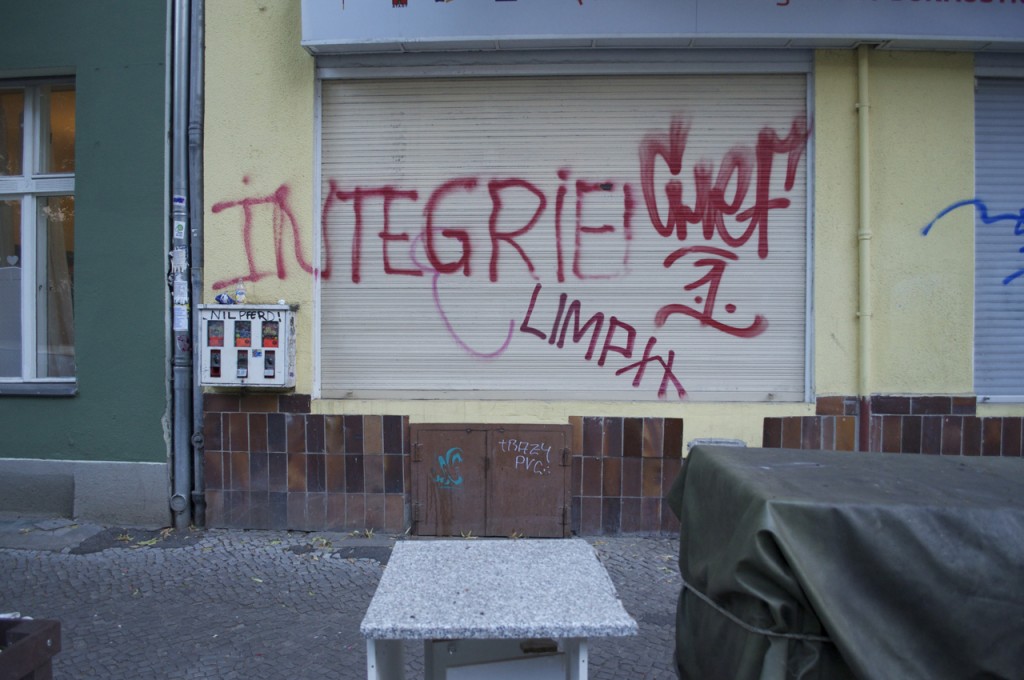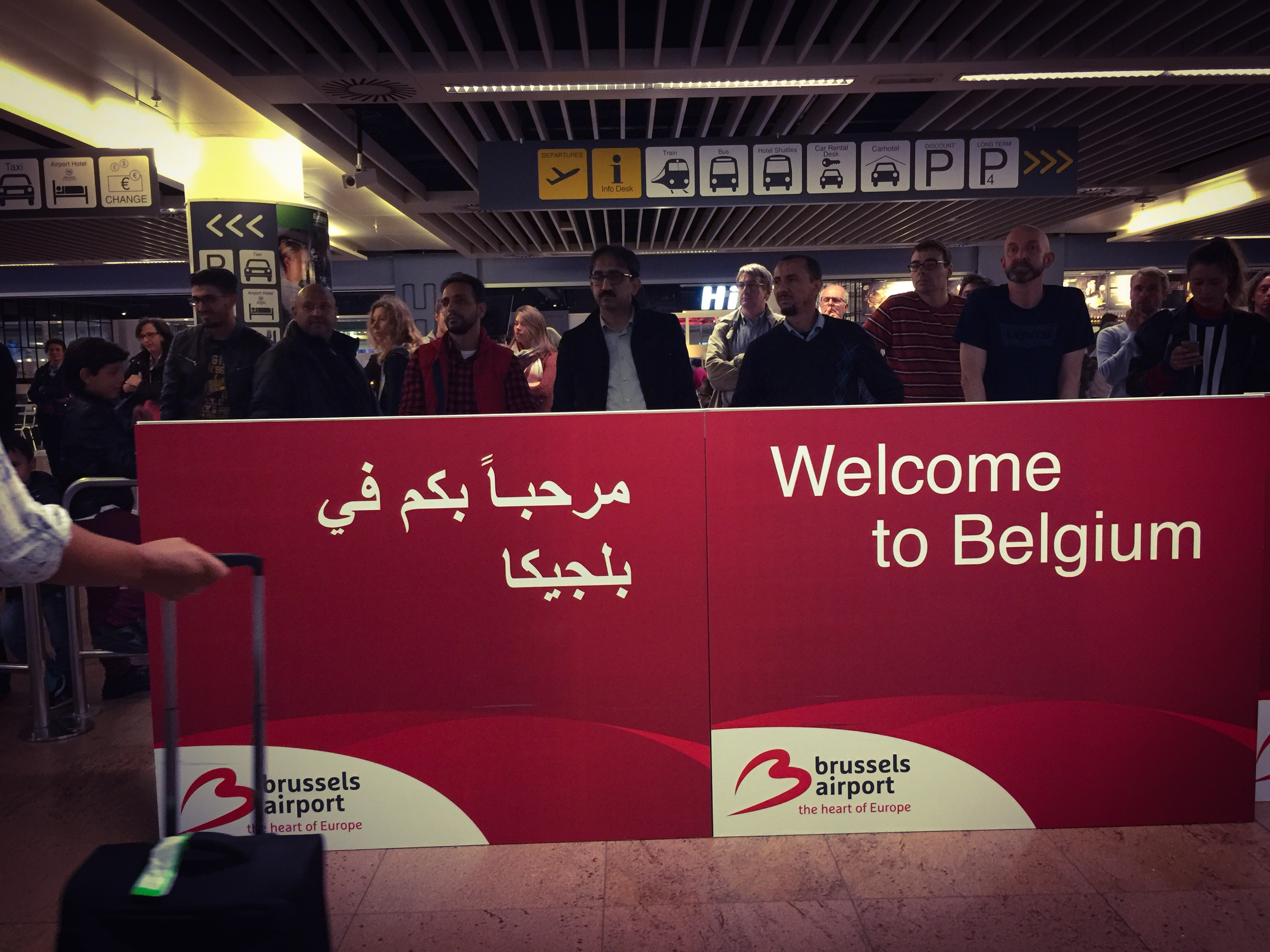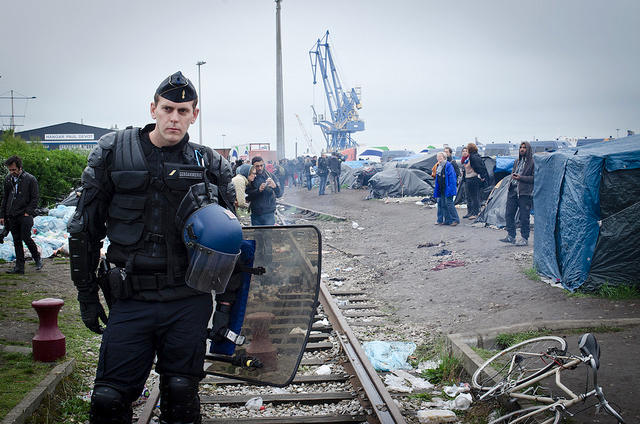Hans-Peter Friedrich knows the score. Asked whether Germany could suffer from the sort of violence committed by Anders Breivik, Friedrich said, “There are no indications at present of right-wing terrorist activities.” Though he sounded cautious, noting that the attacks “show again what dangers fanatical lone perpetrators can pose,” the Interior Minister remained confident. “Security measures are at a very high level, and are constantly being monitored,” he continued. “That’s why I am glad that the anti-terrorism laws — which apply to all forms of terrorism — will remain available in the future.”
Friedrich really couldn’t have said anything else. Because of Germany’s history of anti-Semitism and, more recently, left-wing terrorism, it was incumbent on him to assuage public concerns that his country might be next. It’s not only that the authorities are apprised of the ‘situation’. Germany’s present laws, with their origins in the fight against left-wing radicalism in the 1970s, allow security forces the flexibility to contain ‘extremism’ before it can be of any real consequence. For Germans who wanted the traditional type of reassurance, the conservative Bavarian minister, well-known for his ambivalence towards Muslims — “Islam has no place in Germany” — did his part to project the image of a self-conscious security state.
But most Germans are not that naïve. Like Friedrich, they would have to be relatively right-wing in order to find this kind of rhetoric soothing. Indeed, for anyone even remotely in tune with recent events in the country, it would be difficult to pay heed to the Interior Minister’s words about government readiness and not feel somewhat discomfited by Friedrich’s own personal lack of preparation. For example, not long after assuming office this spring, the Interior Minister had the honor of witnessing the first terrorist attack by a domestic Islamist take place under his own personal watch, when two US serviceman, along with two Germans, were shot at the airport in Frankfurt.
As embarrassing as the event was for Friedrich, nothing compared to the scorn the conservative official was subjected to when he first announced that he’d be hosting a June summit dedicated to halting the ‘radicalization’ of Germany’s Muslim community. Criticised from numerous quarters, for everything from equating Islam with terrorism to encouraging German Muslims to spy on each other, the conference was widely considered an offensive farce, with little relevance for anyone except, of course, Hans-Peter Friedrich’s own constituency, and, more broadly, German critics of multiculturalism.
Given that the summit fell twelve months after the first of seven arson attacks on Berlin-area mosques, one could reach more dire conclusions about the German Interior Minister’s handling of relations with his country’s 4.3 million-strong Muslim population. Most importantly, what Friedrich’s posturing ought to communicate is that dramatic events, such as the killings in Oslo are ultimately less threatening to multiculturalism — to the long term well-being and security of Europe — than the ethnic politics of government officials like him. Their combination of self-assuredeness and provinciality, when coupled with positions of power, is toxic.
Making this point doesn’t diminish the significance of Oslo. What happened was indeed awful. Its consequences will be felt for years. Not just in Norway, but throughout Europe. The problem is how we might learn from the horror. For example, it would be all too easy to take Breivik’s action at face value, as though it were a wake-up call encouraging us to take seriously the ‘neglected’ grievances of the extreme right. But what is there new to learn? Breivik’s views are far from marginal. We know them already. In fact, you can hear them echoed in the criticisms of multiculturalism by the leaders of Europe’s most liberal countries — the United Kingdom, France, and Italy. Even by Friedrich’s boss, Chancellor Angela Merkel, who is no fan of cultural pluralism herself.
As a Jew living in Berlin, what I am taking away from all this is a newfound skepticism. One which takes seriously the idea that spectacular terrorist actions, like those of Breivik, are not so much communicating anything new, as they are confirmations of beliefs increasingly common among regular Europeans. Their extremity is more a reflection of the social spaces they occupy, than it is a reflection of the marginal nature of their opinions. If the Interior Minister of a country like Germany can openly and publicly attack the religion and culture of a community that constitutes five percent of Europe’s population, how can we call Breivik’s overall opinions marginal?
This is why when I hear government officials claim that there is no possibility for a repetition of Oslo in Germany, I start to get worried. My fear is not so much that they are lying. Friedrich is most likely right. Rather, my concern is that such statements are more about form than they are about function. It won’t happen “here” because we have found better ways to manage the same violence. Thanks to Anders Breivik, Norway will at least have the chance to finally catch up.
Neukölln photograph by Joel Schalit





